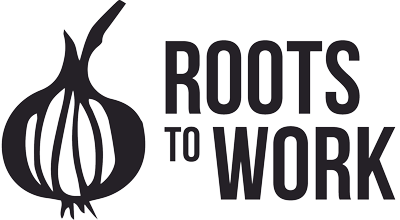
Understanding food policy
Before diving into specific roles, it is important to understand what food policy encompasses. Food policy involves the decisions and actions that govern food production, distribution, and consumption. These policies can affect everything from food safety regulations and agricultural practices to nutrition programmes and food security measures. By engaging in food policy, you have the opportunity to influence these decisions and help create a more just and sustainable future. Below we highlight two roles in this space but there are many more!
Become a food policy campaigner
Campaigners play a vital role in raising awareness about what they want to change in the world and mobilising public support for change. They work on the front lines, advocating for policies that promote food justice, sustainability, and health. Here are some steps on how to get started as a campaigner in food policy:
Educate yourself: Understand the key issues and policies affecting the food system. Read books, attend seminars and follow organisations that focus on food policy and advocacy.
Get involved locally: Start by joining local food movements or organisations. Volunteering for community gardens, food banks, or local advocacy groups can provide valuable experience and networking opportunities. Dora Taylor, food anthropologist tells us in a blog,
"I started volunteering with community food charity Made In Hackney which campaigns on health inequalities and food access. All these things got me tapped into the exciting world of sustainable food sector!"
Build a network: Connect with other activists, policy makers, and organisations in the field. Networking can lead to collaboration opportunities and help amplify your efforts. A good way to get involved to get involved in an organisation that runs campaigns and programmes is to become a trustee. Find out more from some Sustain's trustees.
Start a campaign: Identify a specific issue you're passionate about and create a campaign around it. Use tools like social media, and public events to raise awareness and gather support.
Become a policy advisor
Policy advisors work behind the scenes to shape and implement food policies. They conduct research, analyse data, and provide recommendations to policymakers. Here's how you can start your journey as a policy advisor:
Gain relevant education: Pursuing a degree in fields like public policy, nutrition, and agriculture is not compulsory. Specialised courses in food policy can also be beneficial.
Stay informed: Keep up-to-date with current food policies, research, and trends. Attending conferences, and joining professional organisations can help you stay informed.
Seek internships: Look for opportunities to gain hands-on-experience and valuable contacts. Naema Jannath, children's food campaigner at Sustain gives some words of advice on internships.
"I came across a short-term internship at Bite Back 2030 working in the Policy and Public Affairs team and that's where I gained practical experience from the world of food policy, specifically in children's health and school food. This fruitful experience led me to joining the Children's Food Campaign at Sustain. My advice would be to do internships in fields you haven't explored yet as you never know, it might spark another interest like it did for me and gain transferrable skills."
Network with policymakers: Building relationships with local policymakers can help you understand the policy-making process and influence decisions. Policy manager Amy Depford speaks about the importance of networking in one of our blogs,
"Once I was through the door, I took any opportunity I could to network and make connections with people – you never know who you may end up talking to and what opportunities may come from a chance encounter."
Moving forward
In many cases, campaigners and policy advisors work together to achieve common goals. Campaigners can use the research and recommendations provided by policy advisors to strengthen their advocacy efforts. Policy advisors can benefit from the public support generated by campaigners to push for policy changes. Understanding both roles can provide a more comprehensive approach to influencing food policy.
Getting involved in food policy, programmes, and campaigns is a powerful way to create a more just and sustainable food system. By educating yourself, building skills, and connecting with others in the field, you can start your journey towards becoming a key player in this sector.
Find out about more roles in this field in our careers resource.



